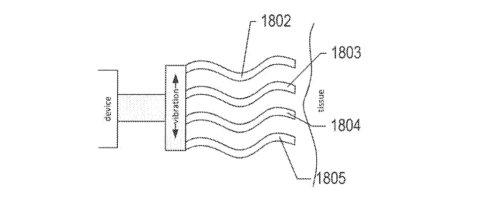by Dennis Crouch
In a recent order, the Federal Circuit denied Apple's petition for a writ of mandamus seeking yet again to transfer a patent infringement case from the Western District of Texas (Judge Albright) to the Northern District of California. In re Apple Inc., 24-129 (Fed. Cir. 2024).
To continue reading, become a Patently-O member. Already a member? Simply log in to access the full post.
